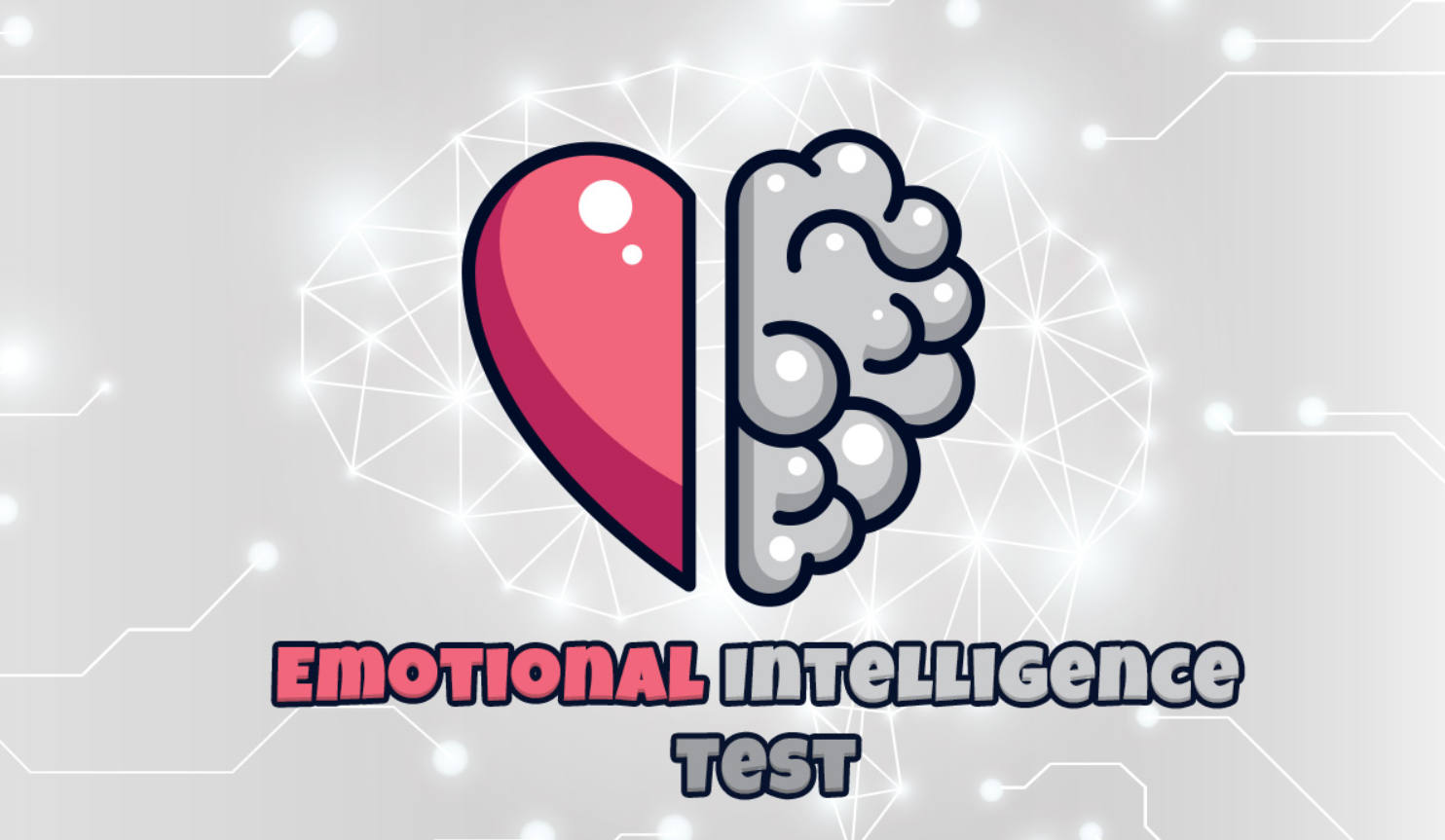Understanding Your EQ: A Guide to Emotional Intelligence Assessment
In today’s fast-paced and interconnected world, emotional intelligence assessment (EQ) has become an essential skill for success in both personal and professional life. Understanding and developing your EQ can lead to better relationships, improved communication, and increased emotional resilience. In this guide, we will explore the importance of emotional intelligence assessment and provide you with tips on how to assess and enhance your own EQ.
What is Emotional Intelligence?
Emotional intelligence refers to a person’s ability to recognize, understand, and manage their own emotions, as well as the emotions of others. It involves skills such as empathy, self-awareness, social awareness, and relationship management. People with high emotional intelligence are better equipped to navigate social interactions, handle conflicts effectively, and make informed decisions.
Why is Emotional Intelligence Assessment Important?
Assessing your emotional intelligence can help you gain insight into your strengths and areas for improvement. By understanding your EQ, you can work towards enhancing your emotional skills and building better relationships with others. Emotional intelligence assessment tools can provide valuable feedback on your emotional competencies and help you develop strategies for growth.
How to Assess Your Emotional Intelligence
There are several ways to assess your emotional intelligence, including self-assessment questionnaires, 360-degree feedback assessments, and emotional intelligence tests. These tools can help you gain a better understanding of your emotional strengths and weaknesses and identify areas where you can improve. By taking the time to assess your EQ, you can begin the journey towards developing greater emotional intelligence.
Self-Assessment Questionnaires
Self-assessment questionnaires are a common method for evaluating emotional intelligence. These questionnaires usually consist of a series of statements related to emotional competencies, and you are asked to rate how strongly you agree or disagree with each statement. By completing a self-assessment questionnaire, you can gain insight into your emotional intelligence and identify areas where you excel and areas where you may need to focus on improvement.
360-Degree Feedback Assessments
360-degree feedback assessments involve gathering feedback from multiple sources, including colleagues, supervisors, and peers, to provide a comprehensive view of your emotional intelligence. This type of assessment can help you gain a better understanding of how others perceive your emotional skills and behaviors. By receiving feedback from different perspectives, you can identify blind spots and areas for growth.
Emotional Intelligence Tests
Emotional intelligence tests are standardized assessments that measure various components of emotional intelligence, such as self-awareness, empathy, and social skills. These tests can provide you with a numerical score that reflects your emotional intelligence level. By taking an emotional intelligence test, you can gain valuable insights into your emotional strengths and weaknesses and track your progress over time.
Enhancing Your Emotional Intelligence
Once you have assessed your emotional intelligence, the next step is to work on enhancing your EQ. There are several strategies you can use to improve your emotional skills and strengthen your relationships with others. Some tips for enhancing your emotional intelligence include:
- Practice active listening: Focus on truly listening to others and making an effort to understand their emotions and perspectives.
- Develop self-awareness: Take time to reflect on your own emotions, triggers, and reactions, and work on regulating your emotions in challenging situations.
- Cultivate empathy: Put yourself in others’ shoes and try to understand their feelings and experiences.
- Build strong relationships: Invest time and effort into building meaningful connections with others and practicing effective communication.
- Seek feedback: Ask for feedback from trusted sources to gain insight into how your emotional intelligence is perceived by others.
By incorporating these strategies into your daily life, you can enhance your emotional intelligence and improve your relationships with others.
Conclusion
In conclusion, emotional intelligence lesson is an important tool for gaining insight into your emotional skills and developing greater self-awareness. By assessing your EQ and working on enhancing your emotional intelligence, you can build stronger relationships, improve communication, and thrive in both personal and professional settings. Take the time to assess your emotional intelligence and invest in your personal growth – your future self will thank you for it!



